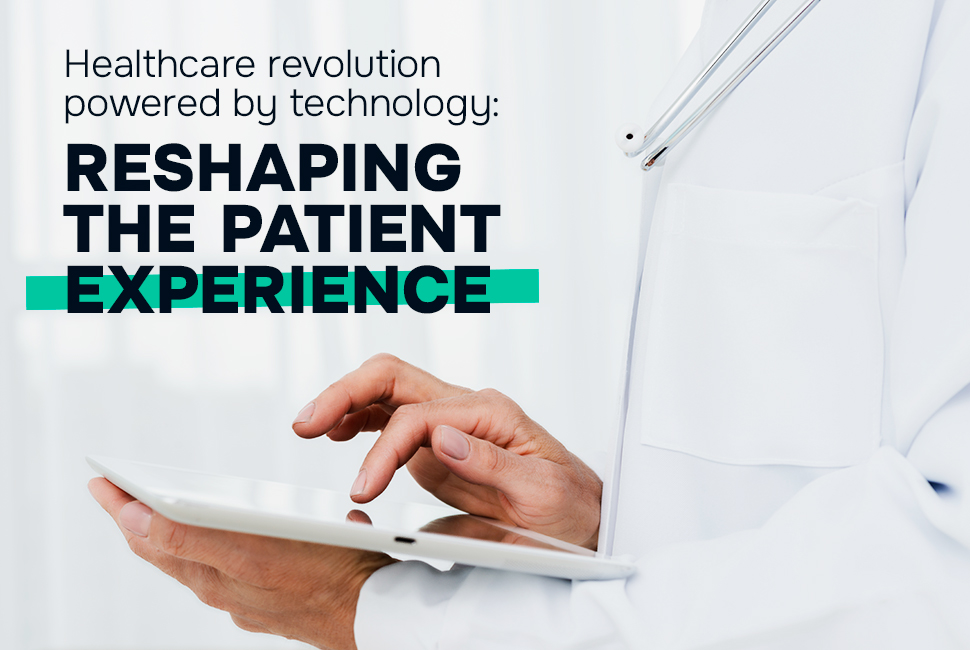Technology is profoundly impacting healthcare, revolutionizing how care is delivered. From early disease detection to personalized treatment plans and shorter wait times, AI is improving patient outcomes. However, as we’ve seen working with healthcare companies, this technological advancement also presents significant challenges that must be addressed to ensure its responsible and beneficial implementation.
Some of the benefits of implementing AI in healthcare
Disease diagnosis and early detection
One of the most promising applications of AI in healthcare is its ability to improve disease diagnosis and early detection. AI algorithms can analyze vast amounts of medical data, including medical imaging results, medical records, and genomic data, to identify patterns that might go unnoticed by human healthcare professionals. For instance, AI has proven effective in the early detection of cancers such as breast and lung cancer, leading to more timely treatment and better outcomes for patients.
Personalized treatments and maximizing outcomes
Personalized medicine is another area where AI holds great potential. By utilizing genomic and other patient health data, AI algorithms can assist in designing personalized treatments that are more effective for specific individuals. This is particularly useful in treating complex diseases like cancer, where treatment responses can vary significantly among patients.
Optimizing hospital management and reducing wait times
AI can also enhance the efficiency of hospital management. For example, AI systems can predict hospital bed demand, optimize staff scheduling, and manage medical supply inventory. This not only reduces costs but also improves patient care quality by ensuring resources are available when needed.

The technological revolution has arrived in Healthcare.
From our perspective: Our experience collaborating with a healthcare company
We’ve had a highly positive track record in enhancing patient experiences, gaining valuable knowledge from similar projects. A major healthcare center in the New Jersey metropolitan area, managing over 400 facilities across hospitals, medical clinics, and emergency care centers in the northeastern United States, partnered with Giga IT. They offer surgical services and specialized treatment programs.
In this project, we collaborated with a team of developers utilizing various programming languages like React, Cypress, and AWS. Together, we achieved significant improvements: streamlined medical record documentation management with OCR technology and enhanced communication during virtual patient sessions, resulting in up to 50% faster response times.
Challenges, risks, and the future: What’s next?
One of the biggest risks of AI in healthcare is the possibility of bias in algorithms. If the data used to train algorithms is not representative of the entire population, AI systems can perpetuate and amplify existing disparities in healthcare. It is crucial to develop and train algorithms with diverse and representative data to avoid these biases.
Another point: Data privacy and security are major concerns in the use of AI in healthcare. AI systems rely on vast amounts of patient data, which poses privacy risks if this data is not handled properly. Additionally, AI systems must be designed with robust security measures to protect against cyberattacks.
“As an engineer and leader working on developing healthcare technology, I firmly believe that collaboration is key to overcoming challenges and maximizing the benefits of this field. It is crucial for all stakeholders, from developers like us to healthcare professionals, regulators, and patients, to work together to ensure that AI systems are designed, implemented, and used ethically and effectively. At Giga, we actively promote this collaboration, as we believe it is essential to creating AI solutions that truly improve patient care.”
Martín Luchessi, Delivery Director at Giga IT
Artificial intelligence and technology in general have the potential to profoundly transform healthcare, improving diagnostic accuracy, personalizing treatments, and optimizing hospital management. However, to realize this potential, it is crucial to address the associated risks and challenges, such as algorithmic bias, data privacy, and the need for adequate regulation. With a patient-centered approach, AI can lead to a new era of more efficient healthcare.





0 Comments